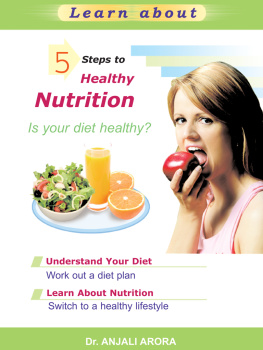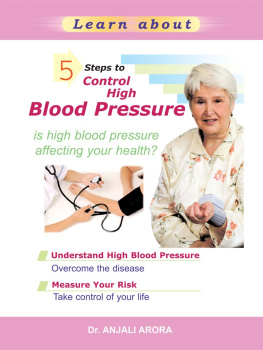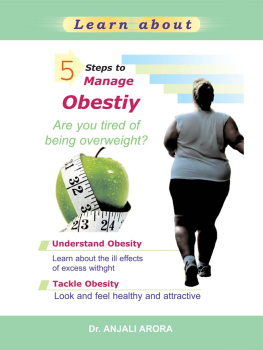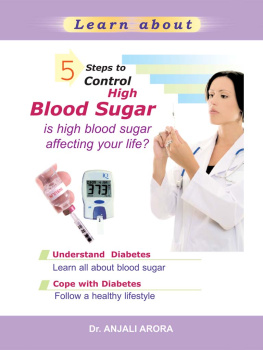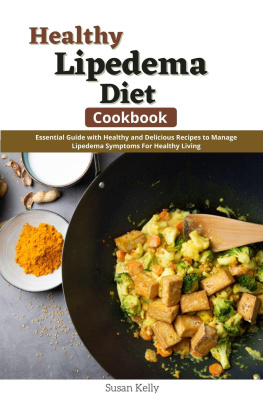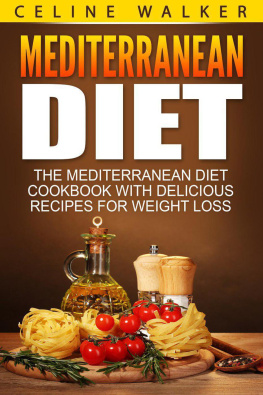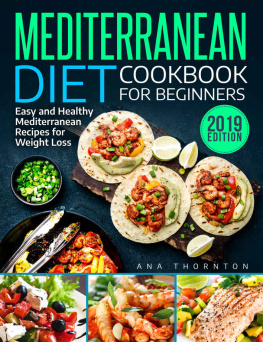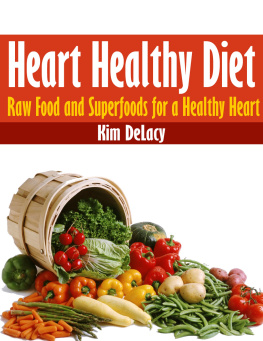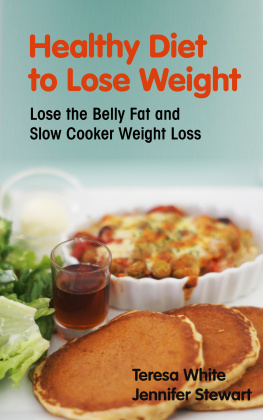Copyright
STERLING PAPERBACKS
An imprint of
Sterling Publishers (P) Ltd.
A-59, Okhla Industrial Area, Phase-II,
New Delhi-110020.
Tel: 26387070, 26386209; Fax: 91-11-26383788
E-mail: sterlingpublishers@airtelbroadband.in
ghai@nde.vsnl.net.in
www.sterlingpublishers.com
5 Steps to
Healthy Nutrition
2007, Dr. Anjali Arora
ISBN 978-81-207-3248-3
All rights are reserved.
No part of this publication may be reproduced, stored in a retrieval
system or transmitted, in any form or by any means, mechanical,
photocopying, recording or otherwise, without prior written
permission of the authors.
The author and publisher specifically disclaim any liability,
loss or risk, whatsoever, personal or otherwise, which is
incurred as a consequence, directly or indirectly of
the use and application of any of the contents of this book.
The author wishes to thank all academicians, scientists and writers
who have been a source of inspiration.
Understanding Your Diet

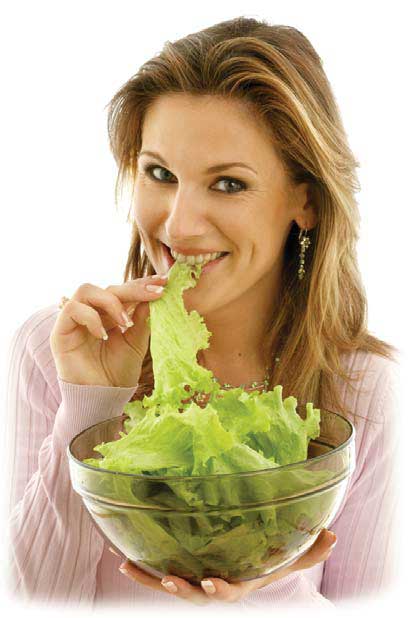
The joy of knowing what you can eat comes through a clear idea of the kinds of foods one can consume. And there is such a variety. A lot has been said about fats, high cholesterol, carbohydrates and proteins. But what are they? Why is it so important to know about each of them? You should be familiar with your foods in order to decide what exactly is needed by your body. How healthy is it for you at your age to have more of one type of a food block and less of the other. Give yourself the pleasure of juggling and deciding as to what your diet should be.

01. Understanding Your Diet
The Sweet Tooth
- Do you eat desserts, puddings or ice creams at least three times a week.
- You do not consume fruit with each main meal.

Rich food
- Do you eat out at least three times a week.
- While eating out you enjoy food rich in butter, cheese, rich stuffing, etc.
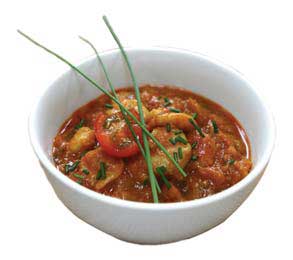
Alcohol
- Do you drink alcohol 3-4 times a week.
- Do you consume more than 60 ml of whisky, gin, rum (hard drink) or more than 2 glasses of wine each day.

Snacking
- Do you like to snack on fried food items with your drink.
- Do you enjoy sweets, packaged or fried snack with tea.

The more times you answer yes, the more is your consumption of unhealthy food throughout the day.
02. Food Blocks
Foods are the nourishers of our body, mind, moods and soul. Have you noticed that they even give us pleasure? All types of diet are being advocated South beach diet, Pritkins diet, Atkins diet and so on. Some individuals may have been helped through some of these.
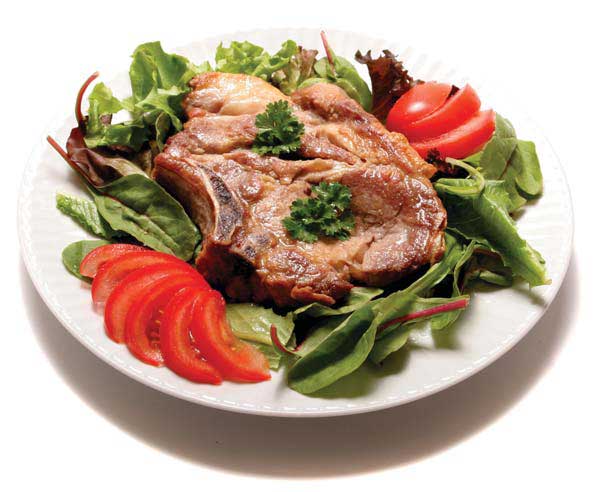
What is important to realise is the source of the food we eat daily. Are we conscious of its nutrition type? Like proteins provide the building blocks and
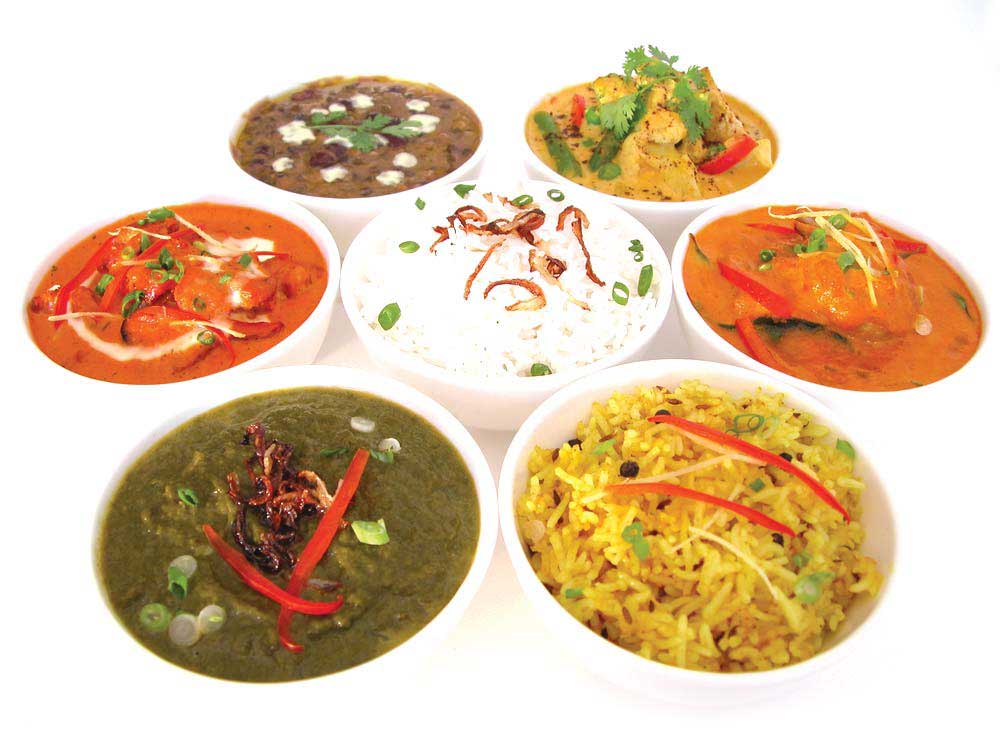
carry on the repairs of the body, carbohydrates supply you with energy and keep you happy. Fats stored in your body are important for the bodys warmth. Vitamins and minerals have the privilege of energising your metabolic cycle in order to help your body and mind function normally.
Whatever one consumes as food should be in harmony with nature. Keep the variety of seasonal foods in mind. Those foods may be easily perishable, but they have been produced by nature for that particular geographical area and that climatic condition. Try and tune in with the seasons and your body will be stronger, flexible and healthy.
Fats
Fats are made up of blocks of fatty acids. We eat all kinds of fatty acids without realising what is required and what is in excess. There are three types of fatty acids as mentioned.
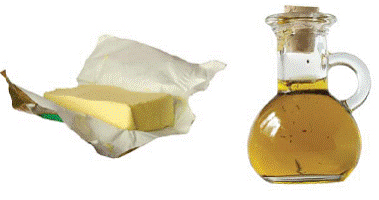
Fatty Acids and Their Sources
| Fatty Acids | Composition | Source |
| Saturated fatty acids (SFA) | Their molecules have no more room for any hydrogen atoms. They are saturated with hydrogen. | Palm oil, coconut oil, dairy products, meats, cocoa butter |
Mono unsaturated
fatty acids (MUFA) | There is only one bond or area of the fatty acid molecule,
which is not saturated with hydrogen atoms. | Olive oil, mustard oil, rapeseed oil,
fish, meat |
Polyunsaturated
fatty acids (PUFA) | In this fatty acid, more bonds or areas of the molecule can
take in hydrogen atoms.
| Sunflower oil, soyabean oil,
linseed oil, fish |
Fatty Acid Composition of Commonly
Used Cooking Oils
| Oils | Saturated (SFA%) | Monoun-saturated (MUFA%) | Polyun-saturated (PUFA%) |
| Olive | 10 | 82 | 8 |
| Canola | 6 | 60 | 34 |
| Mustard | 8 | 70 | 22 |
| Soya bean | 14 | 28 | 58 |
| Sunflower | 12 | 19 | 69 |
| Groundnut | 19 | 51 | 30 |
| Coconut | 89 | 7 | 4 |
| Corn | 13 | 27 | 60 |
Try and blend your MUFA and PUFA oils.
Saturated Fats
All saturated fats do not come from animal sources.
- Vegetable oils containing a large amount of saturated fatty acids are coconut and palm oil.
- Consuming less of saturated fat can lower your blood cholesterol.
- Atherosclerosis and thrombosis are the basis of heart attack and strokes. A highly saturated fat diet increases both.
Blended oil is much better than a single variety. This is because taking oil containing too much of polyunsaturated fats can reduce both LDL-cholesterol (bad) and HDL-cholesterol (good cholesterol). Blending oils like olive, mustard (more MUFA) with (more PUFA) oils like sunflower will both decrease your LDL-cholesterol (bad cholesterol) and increase your HDL-cholesterol (good cholesterol). Also, by cutting down on saturated oils in your diet and substituting with more monounsaturated oils you will find an increase in your HDL cholesterol.

